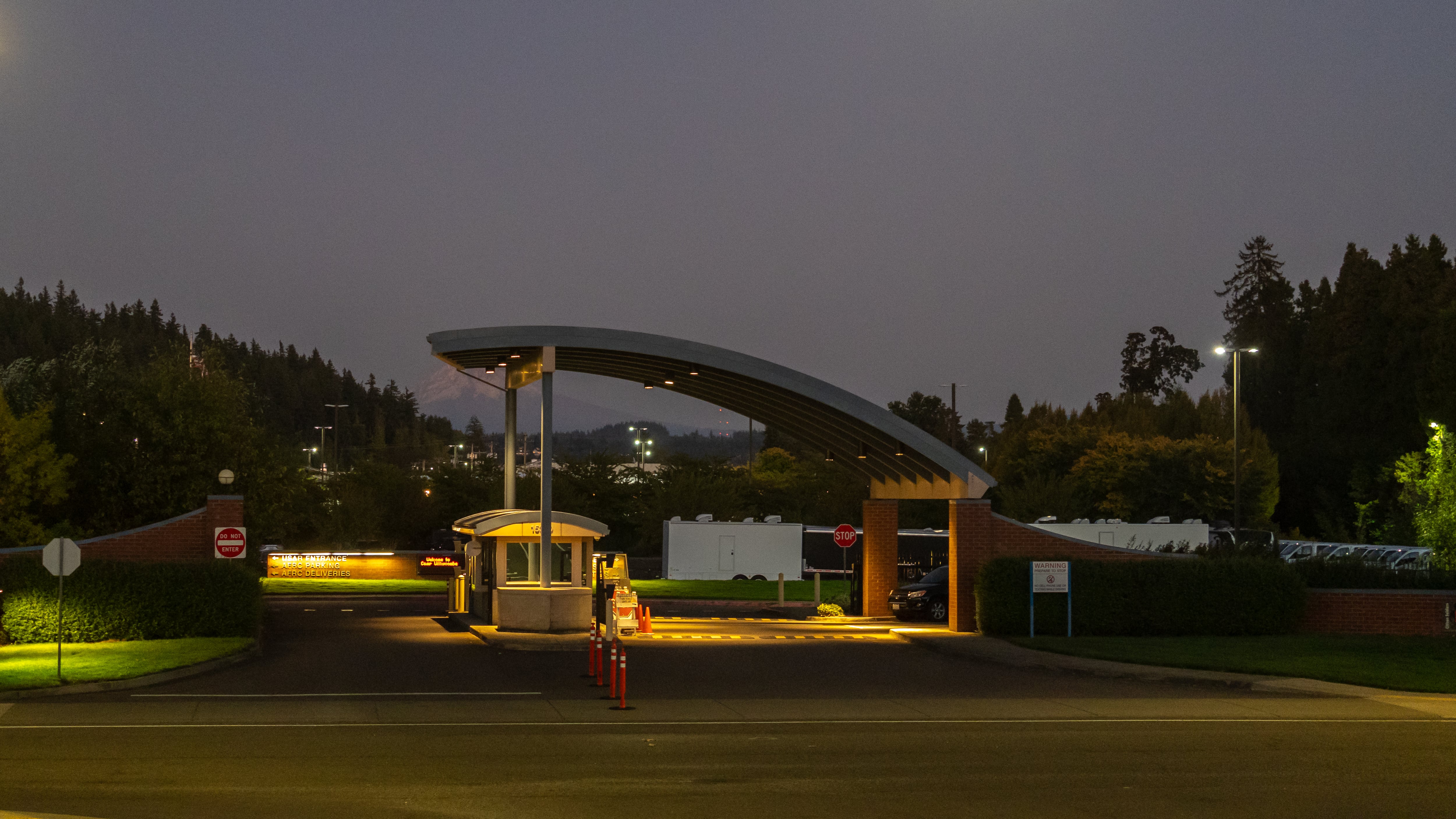National Guard troops activated for a mission to Portland remained in limbo Wednesday, as legal proceedings dragged on even after an appeals court earlier this week removed a key hurdle that was blocking their deployment to the city.
This in part seems to reflect the lingering power of a second restraining order blocking the troops, even after the appeals court struck down the first one.
That first Oct. 4 order by a lower court judge, lifted Monday by a 2-1 majority on a panel of the 9th U.S. Circuit Court of Appeals, had temporarily blocked federalized Oregon National Guard troops in particular from deploying in Oregon. A subsequent Oct. 5 order, issued after the administration moved to deploy National Guard troops from states other than Oregon, temporarily blocked federalized National Guard troops in general from deploying in the state.
The Trump administration had not formally appealed the second order because it was based on similar reasoning as the first one. And the administration’s attorneys, as well as the majority of judges on the appeals court panel that ruled Monday, argued that with the decision to overturn the first order, the second order should likewise fall.
But the author of those orders, U.S. District Judge Karin Immergut, who is supervising the case at federal court in Portland, doesn’t appear to be so sure.
The dissenting judge on the appeals court panel argued Immergut has no obligation to suspend the second Oct. 5 order. And since Monday, Immergut has been accepting briefings on the matter from the federal government and the state of Oregon, which respectively argue she should, or should not, lift that second order.
Though things could change quickly, the debate seems unlikely to be resolved in the immediate term, given pending proceedings. Judges for the 9th U.S. Circuit Court of Appeals are still set to vote on whether to hear the case en banc—as a larger group—a potential action that puts the staying power of the initial appeals court panel’s order from Monday in question.
On Wednesday, Immergut scheduled a telephone conference for the morning of Friday, Oct. 24, to discuss whether she should remove the second restraining order. In her note to the parties, she said they should be prepared to discuss the effect of the call by an appeals court judge for the 9th Circuit to consider hearing the case en banc.
In a brief filed Wednesday afternoon soon after Immergut scheduled that hearing for later in the week, Trump administration attorneys asked the judge to move faster. “Defendants recognize that the Court has now scheduled an October 24 telephonic conference to address this motion,” they wrote. “Defendants nonetheless respectfully ask that the Court rule on this motion today because of the urgency of this matter and because Defendants’ entitlement to the relief requested is clear.”
What is at stake is not just the question of whether courts will green-light the Trump administration to deploy federal troops to Portland against the wishes of local officials, but a far deeper question of how much deference the president should have to determine when the use of the military on U.S. soil is legally justified.
Oregon and California National Guard members activated by the Trump administration for a mission to Portland have been posted at nearby bases for more than two weeks now. As of Wednesday afternoon, their status has not changed, the U.S. military said.
“At this time, there is no change operationally for the California National Guard and Oregon National Guard troops activated under title [10] authority in the greater Portland area,” a spokesperson for U.S. Northern Command told WW. “They are not conducting any operational activities at this time.”
The spokesperson added: “We will not speculate on future missions. However, I can say that they are able to go on mission when the appropriate authority/authorities determine they can begin.”

